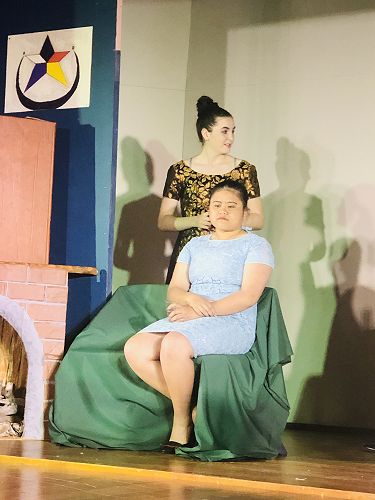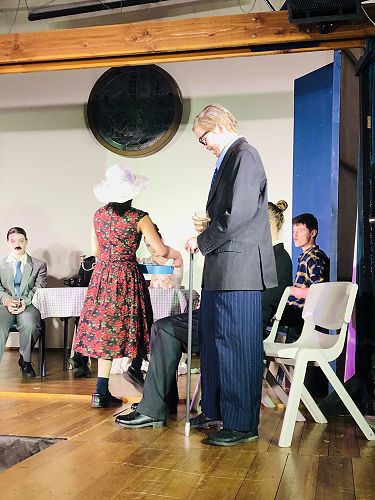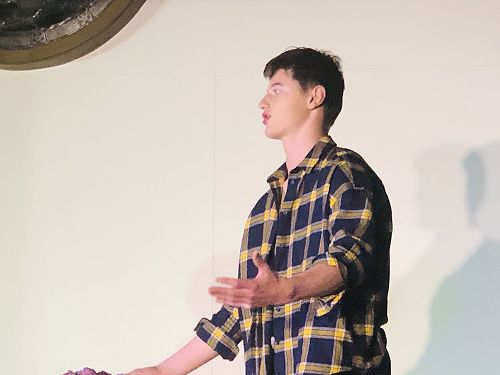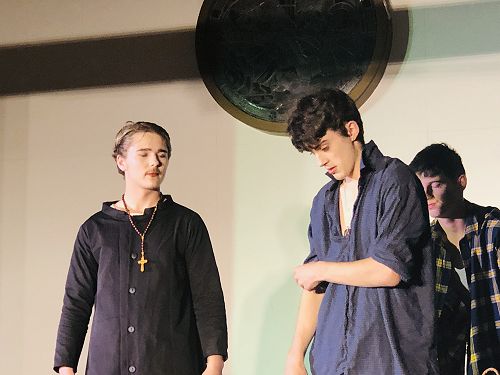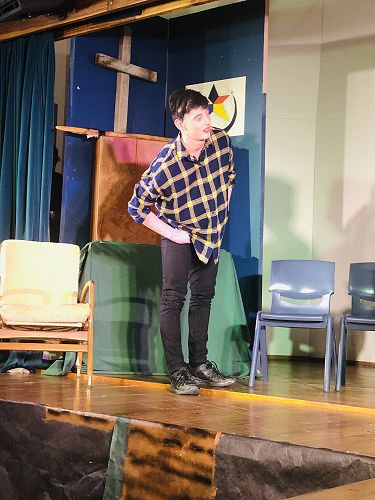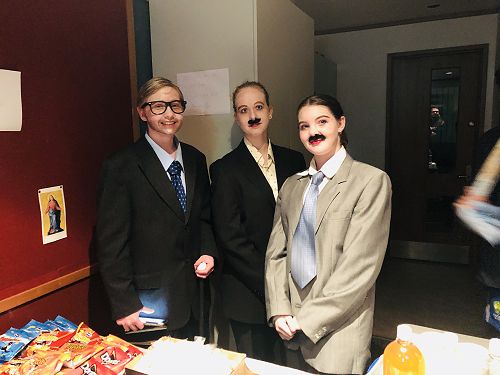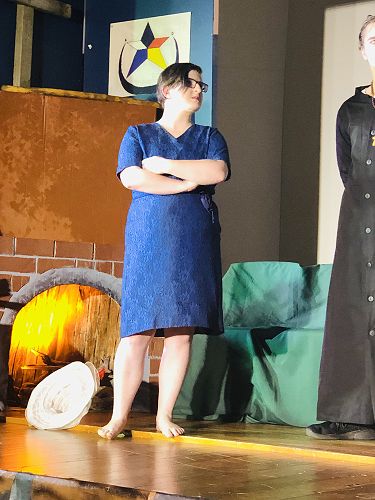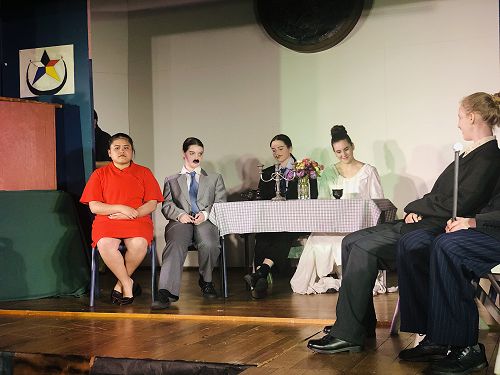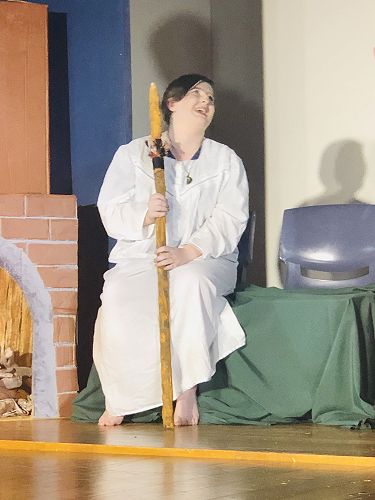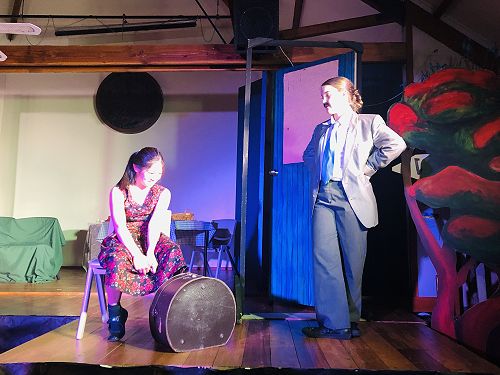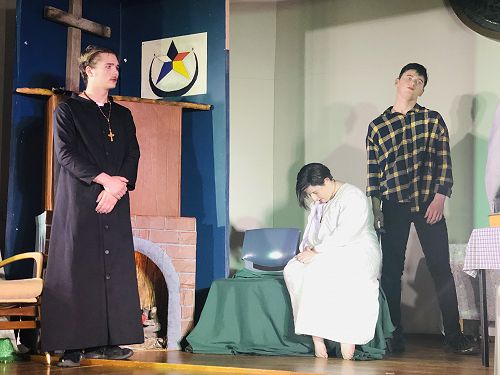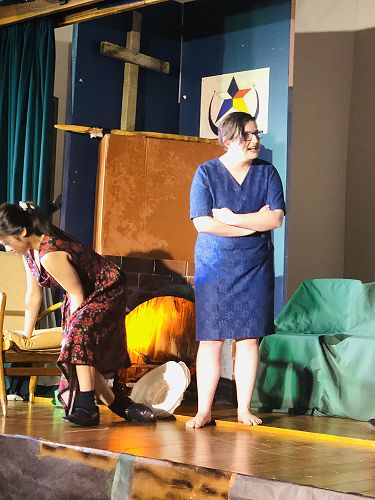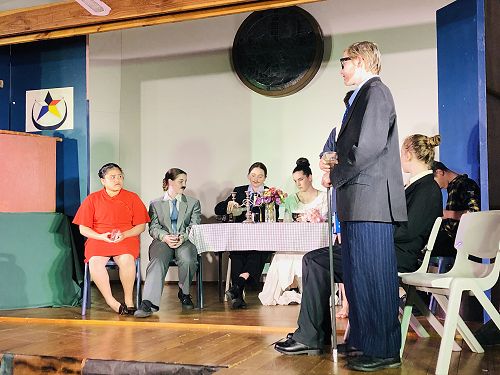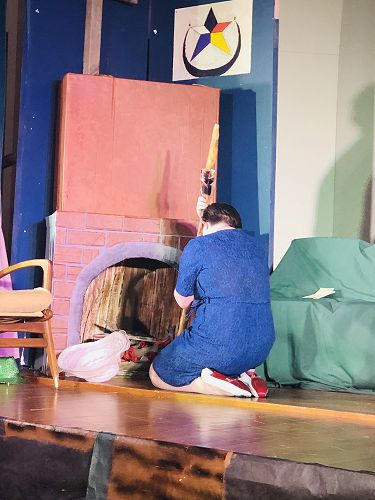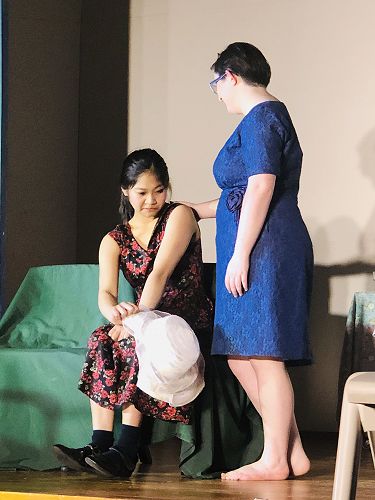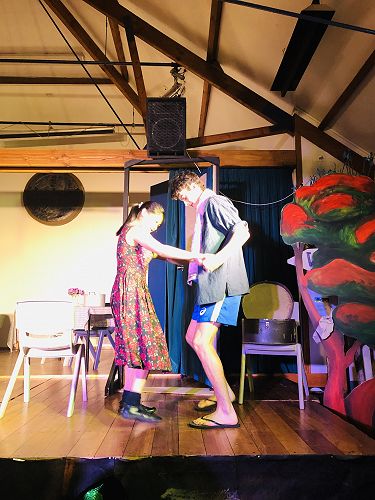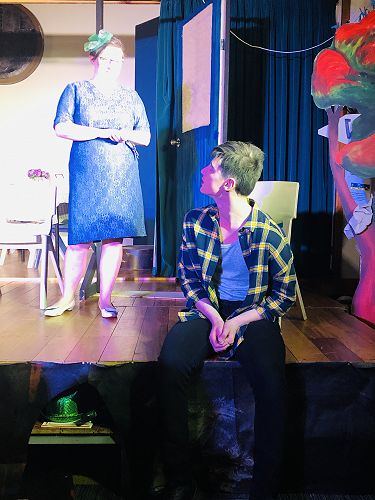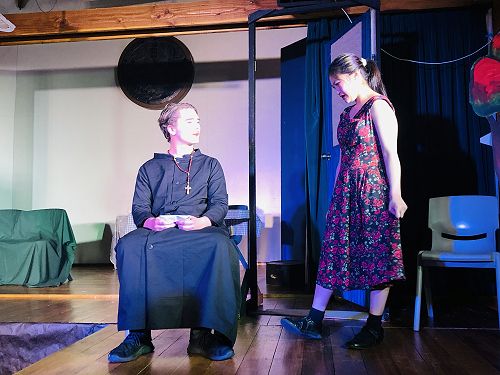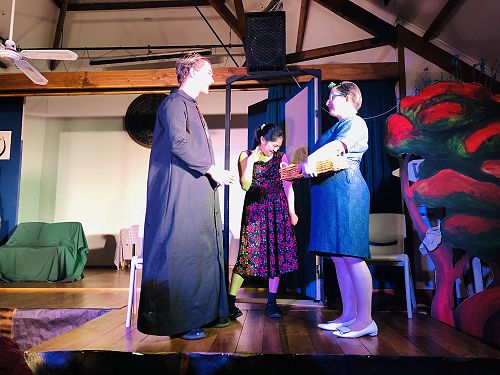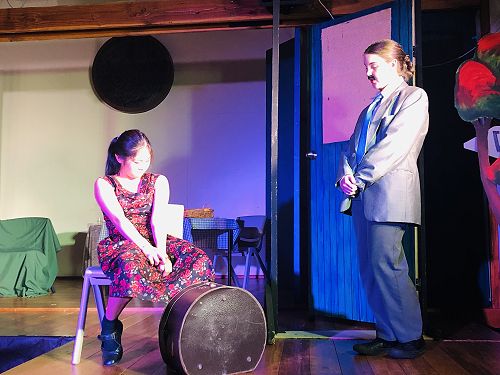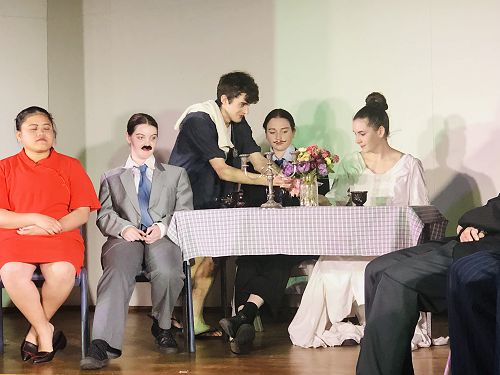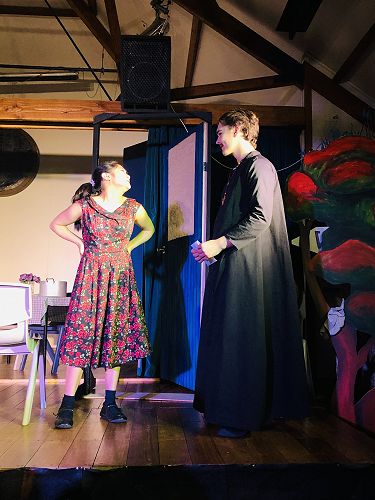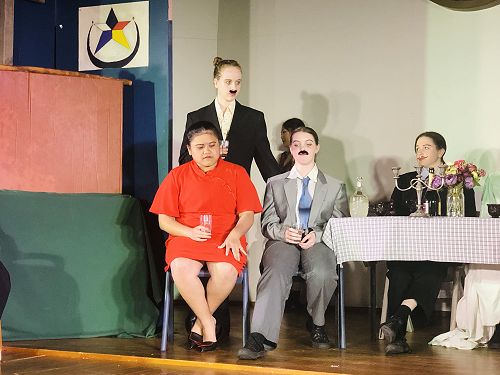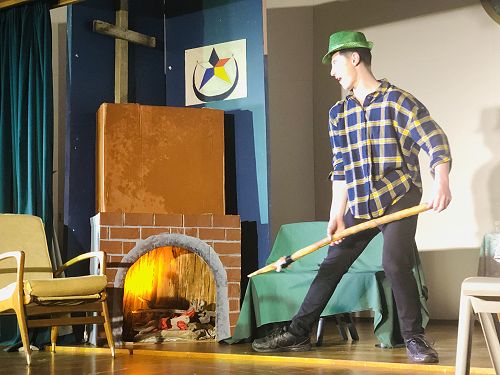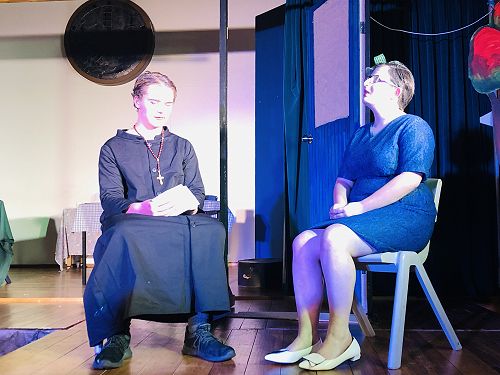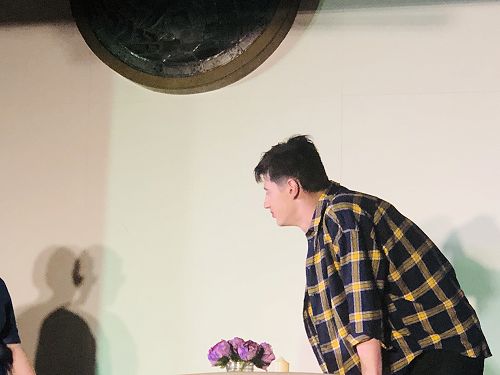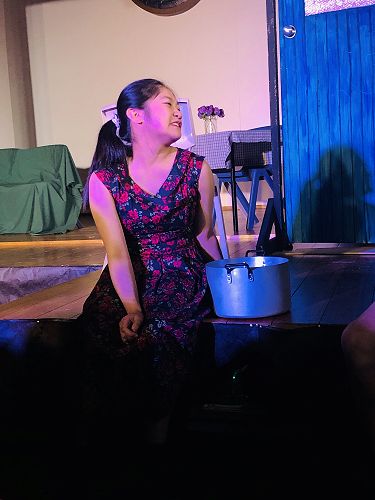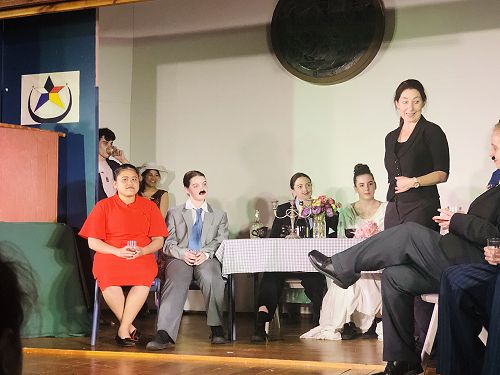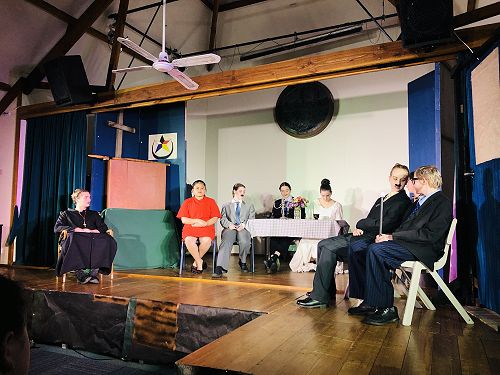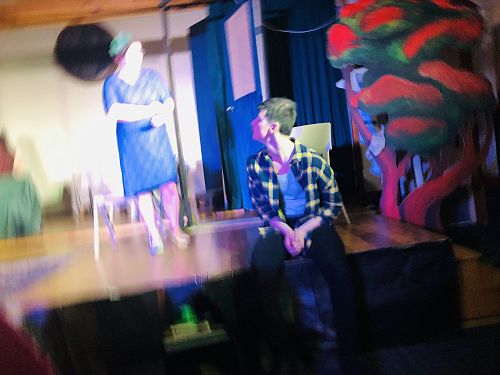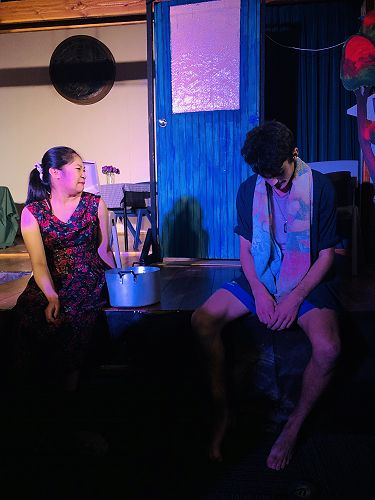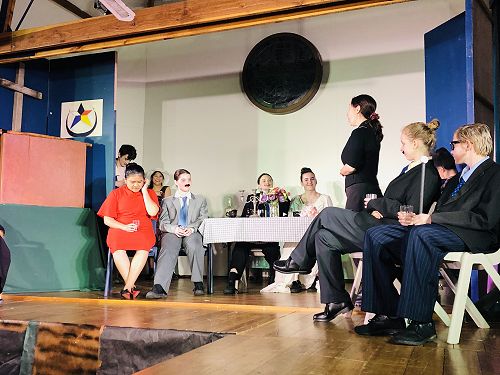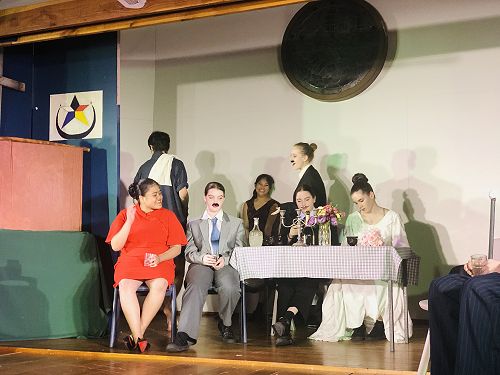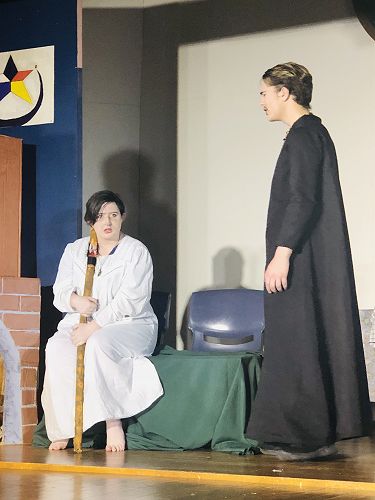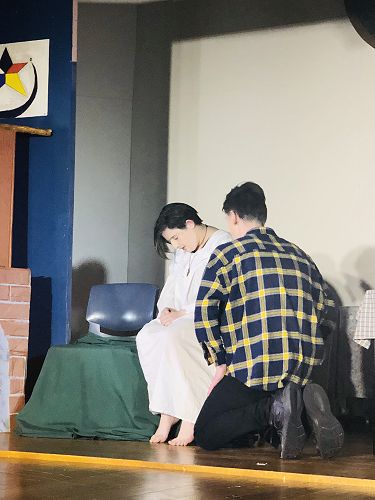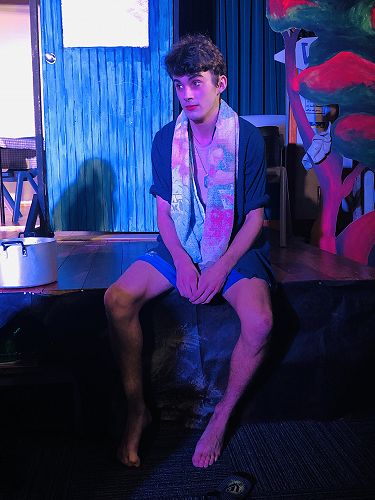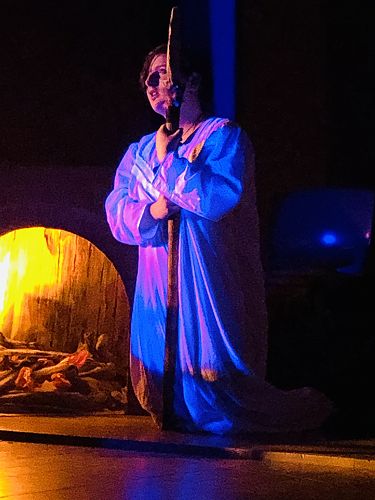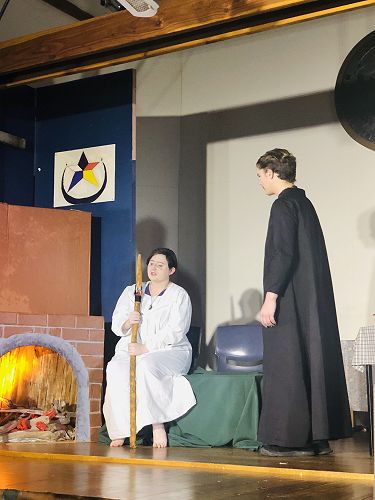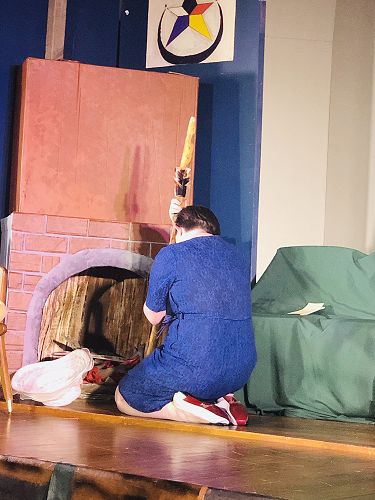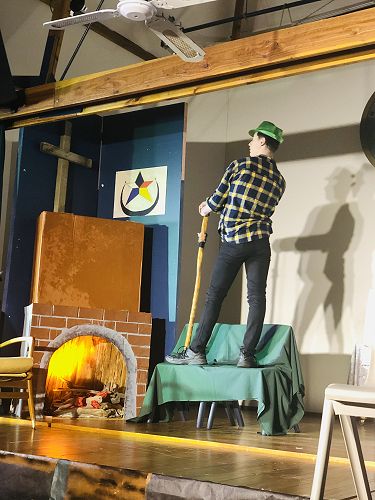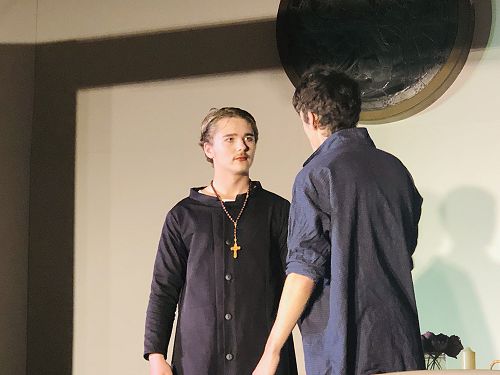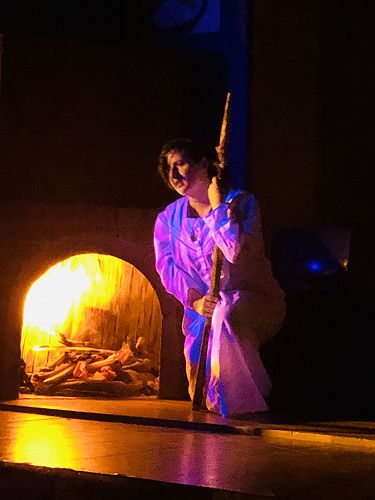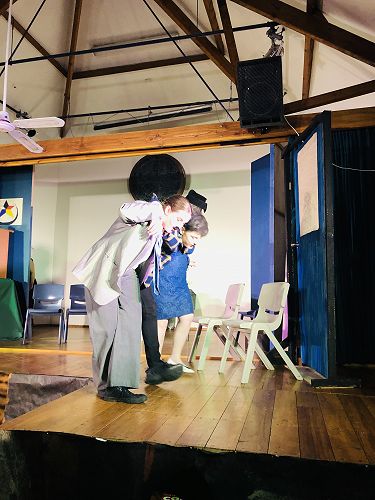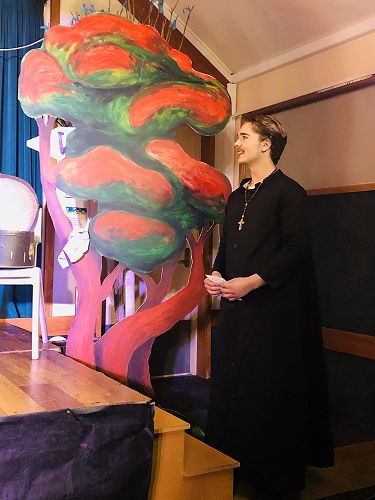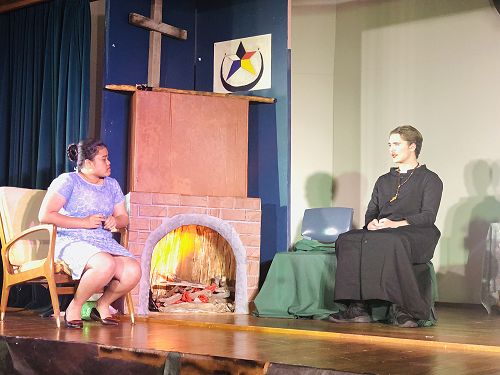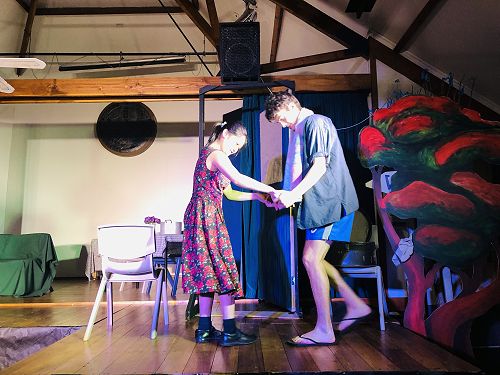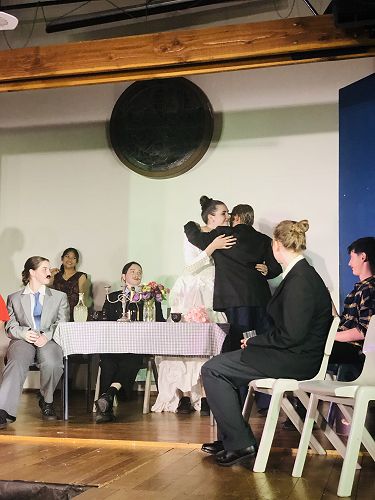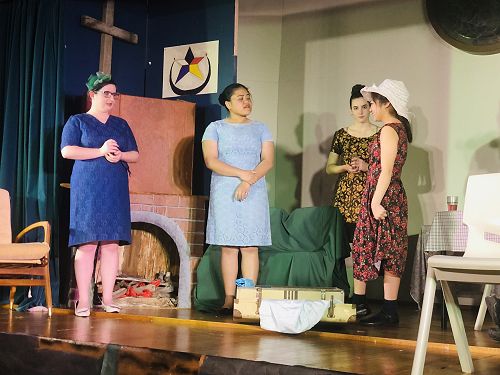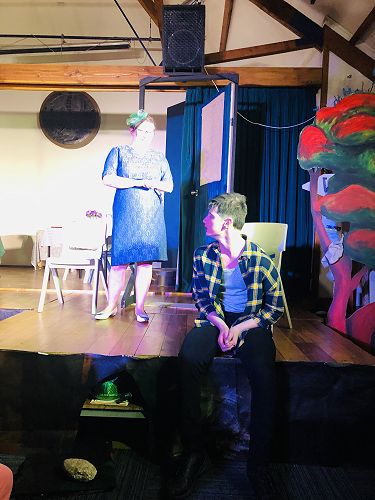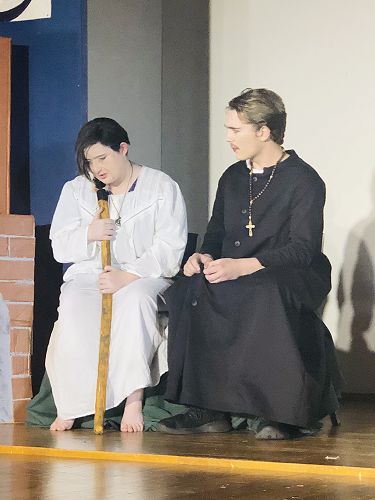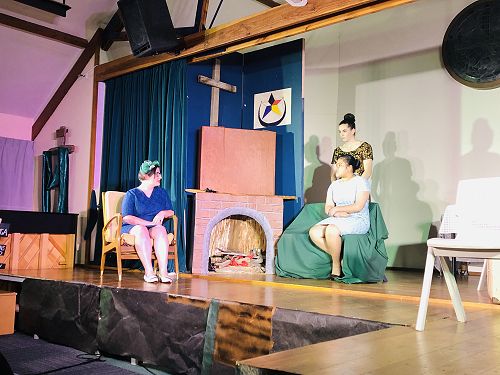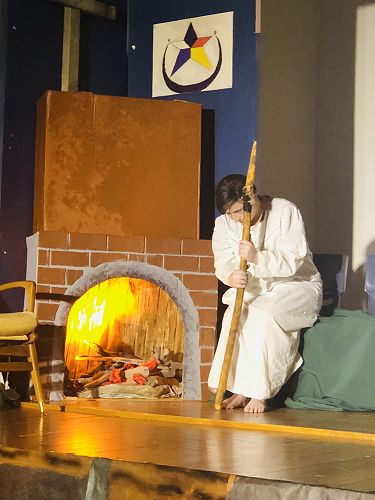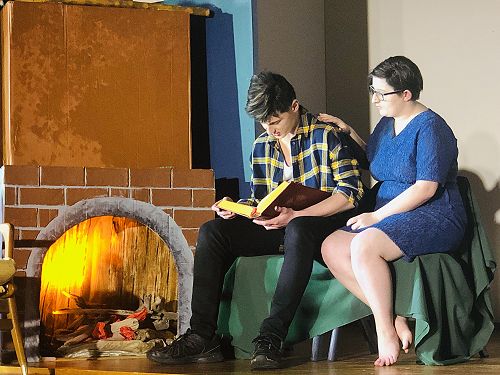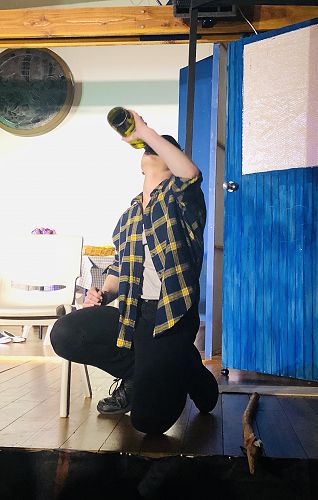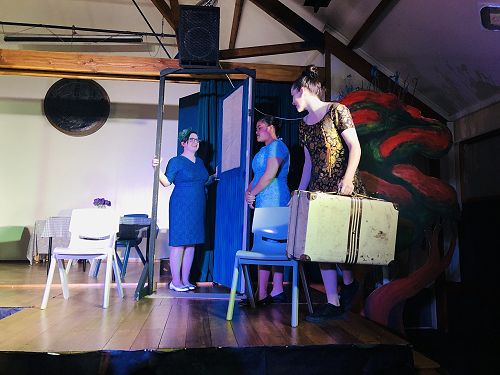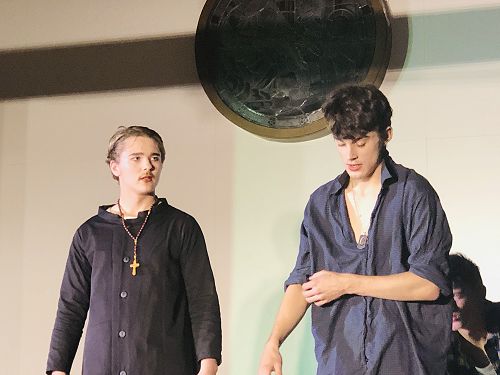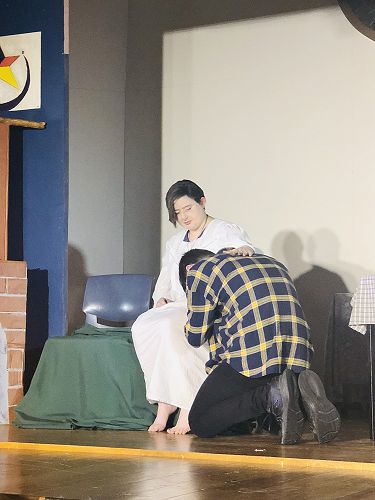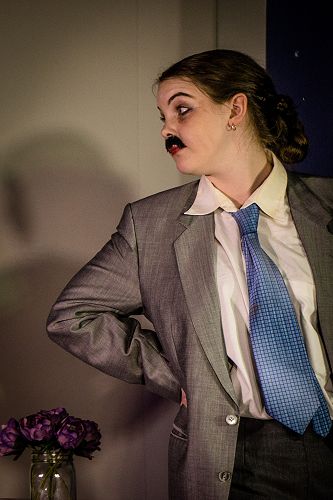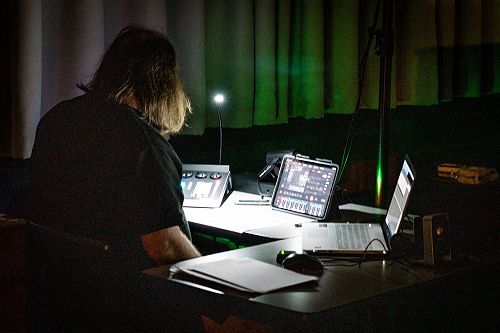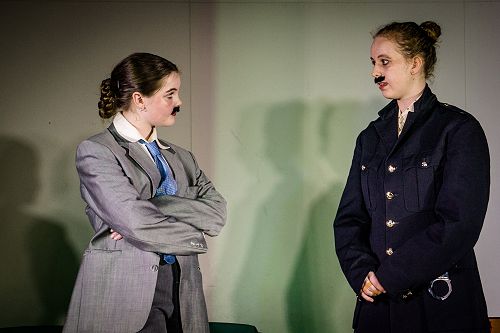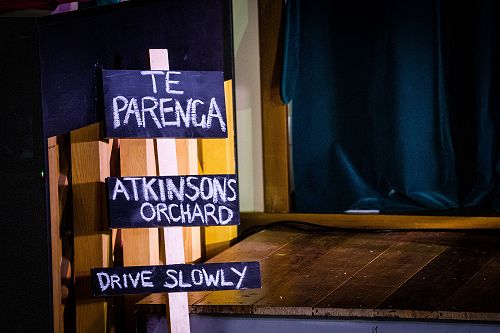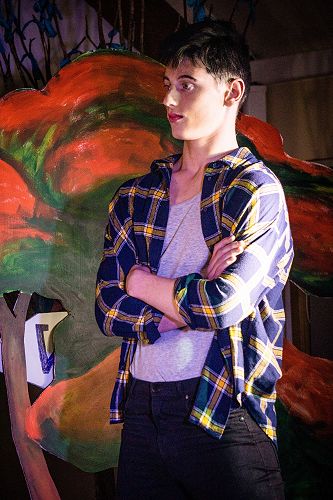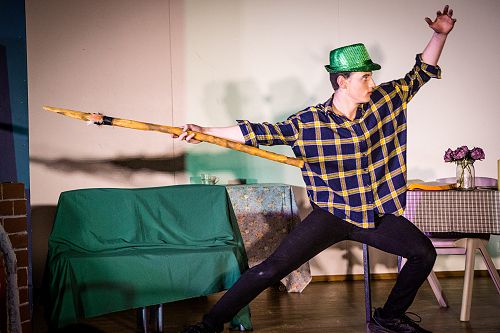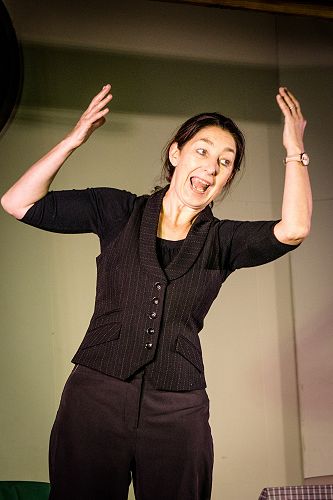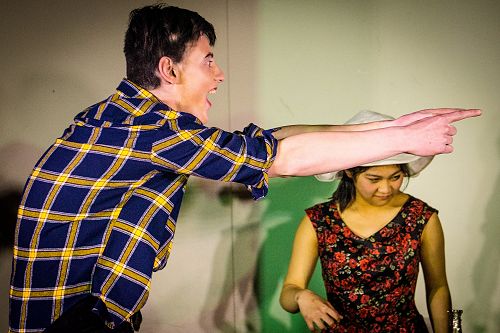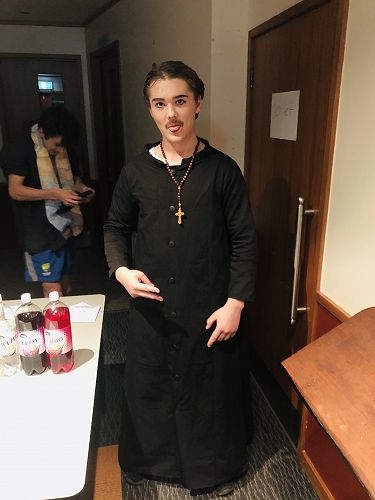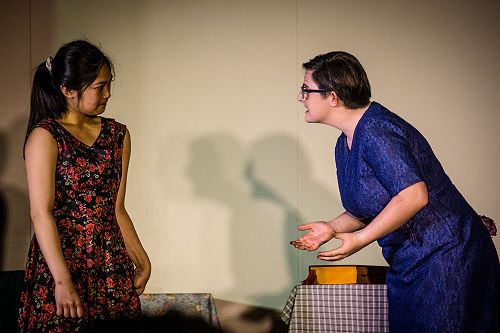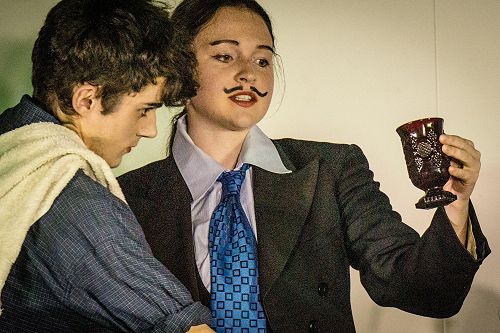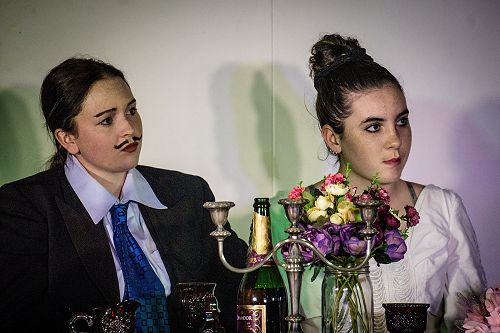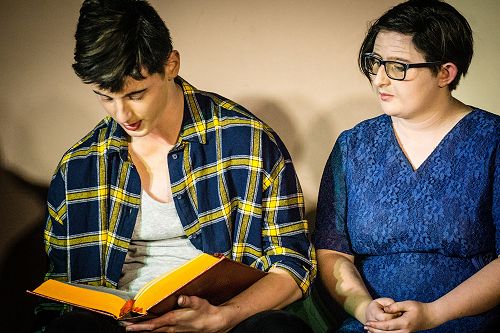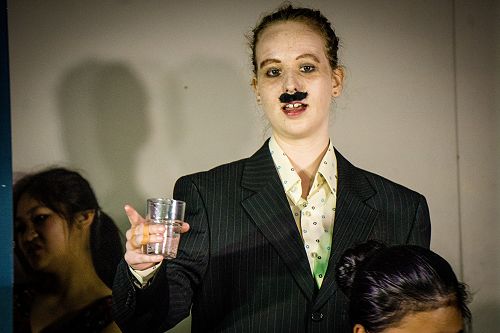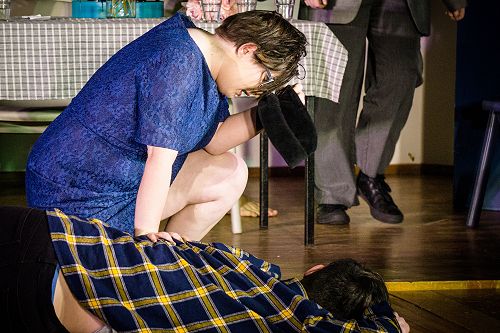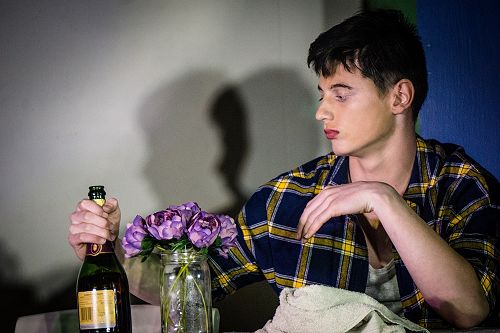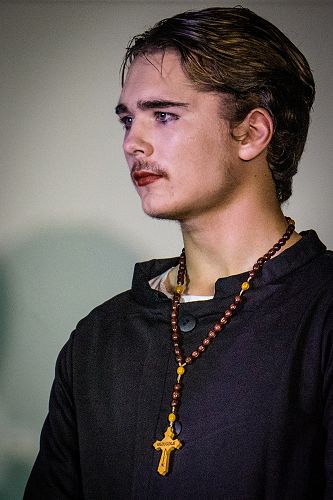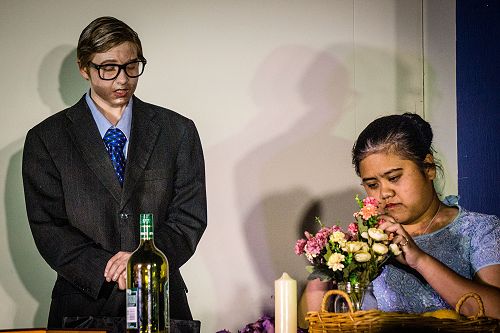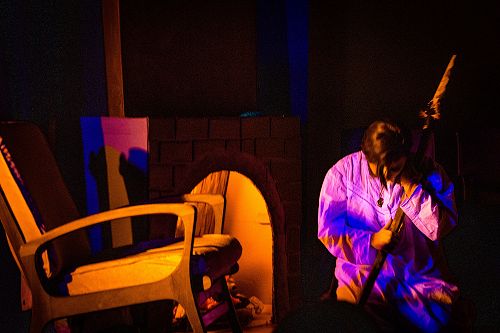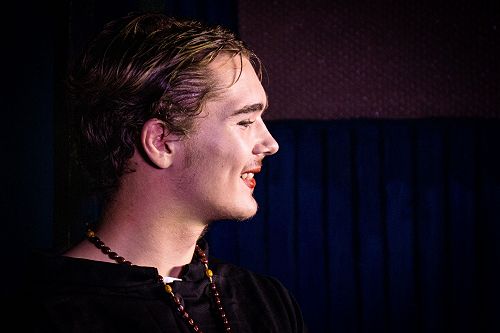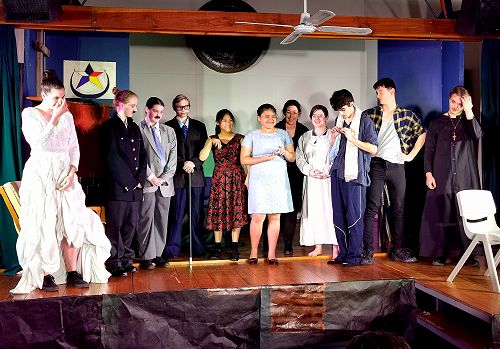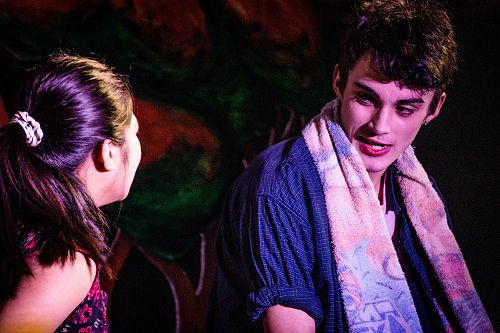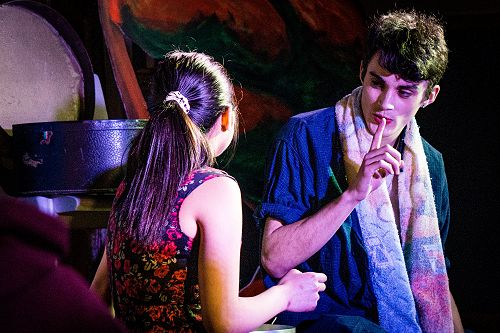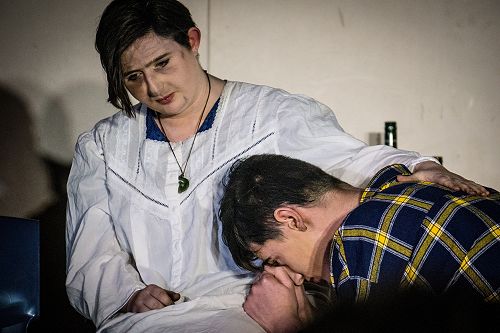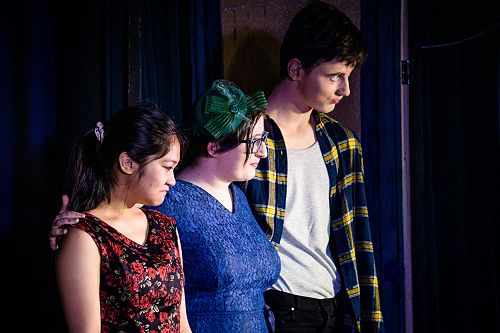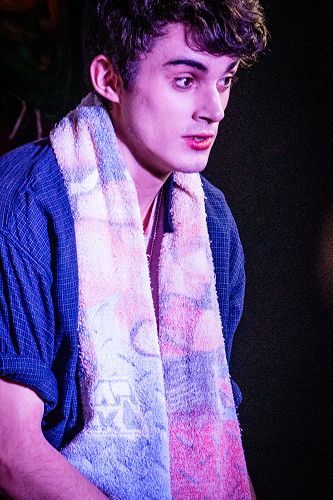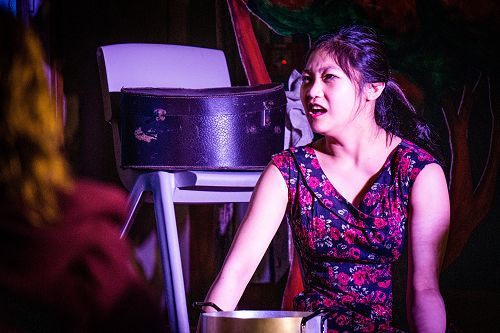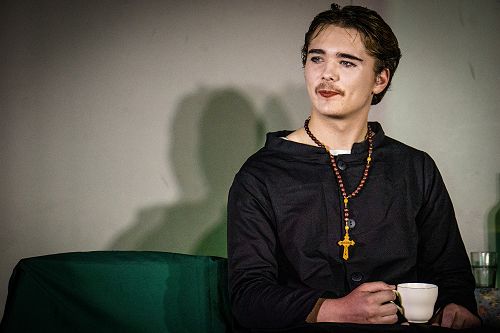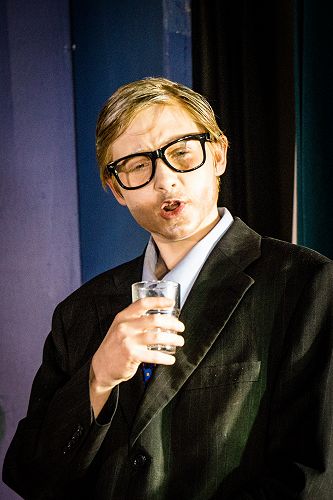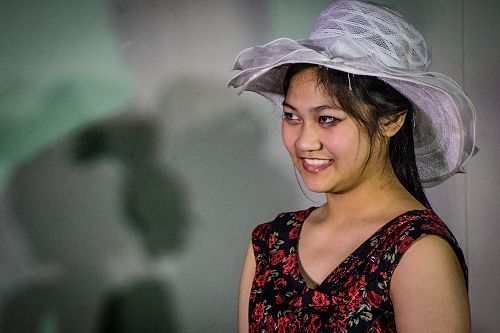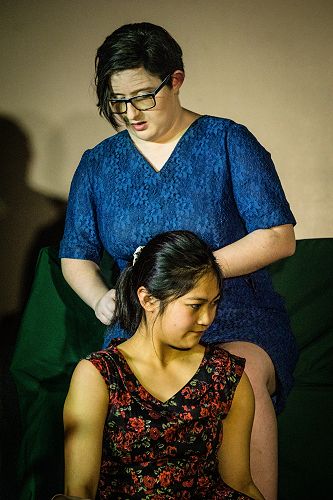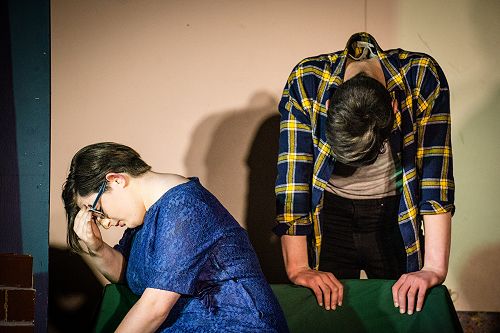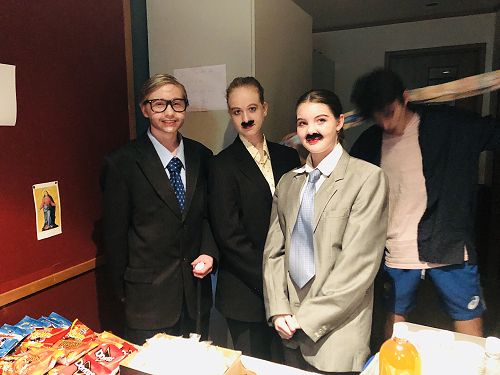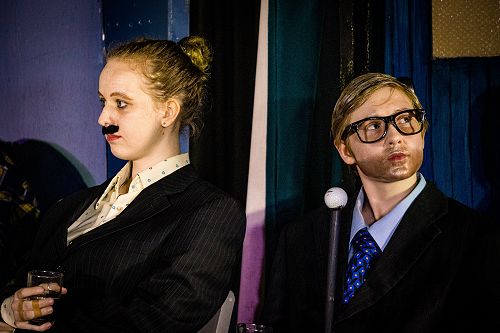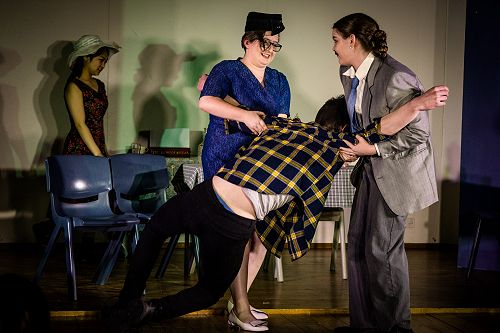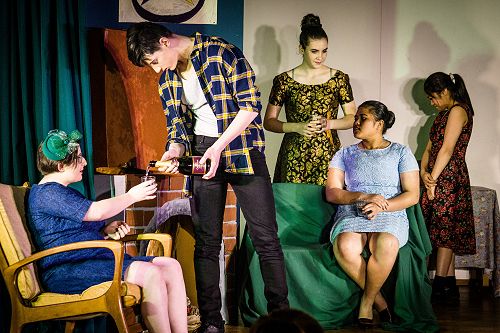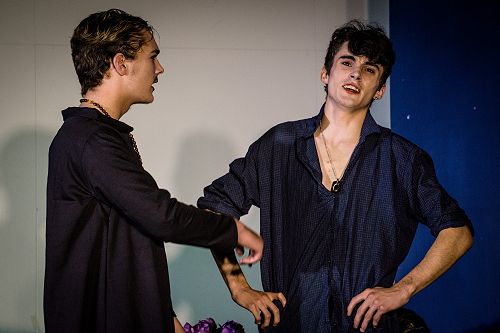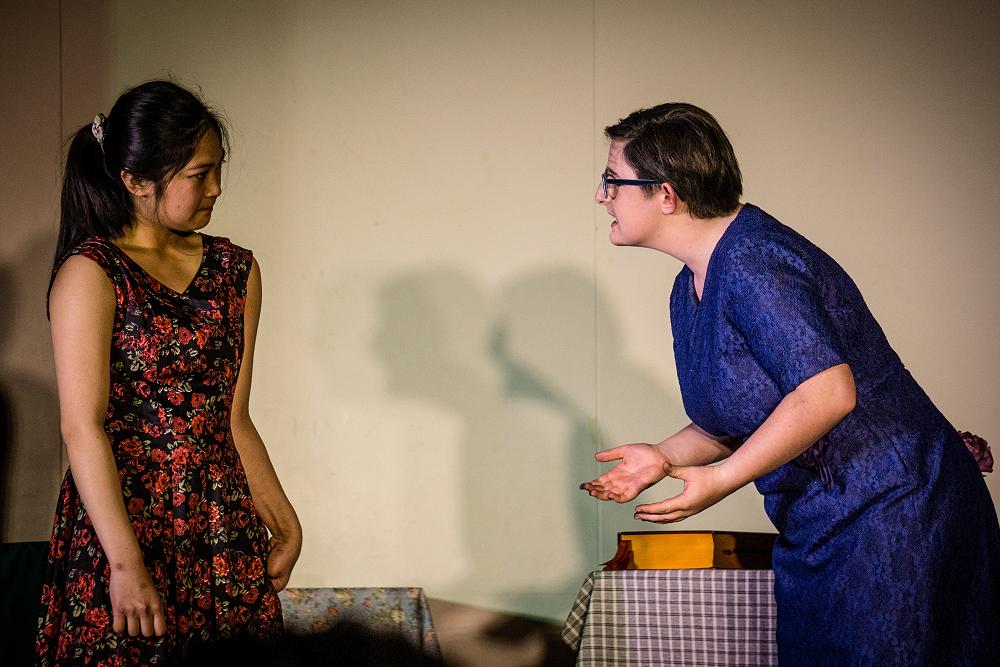
The Pohutukawa Tree - a review
Tuesday 15 September and Wednesday 16 September 2020
Amateur school productions are often fickle occasions when you aren't too sure what you will get when you commit to going along to support your child or student.
What I want to make clear from the outset of this review, is that this school production left the audience in awe and with a genuine belief in the characters. The storyline provided us with a snapshot in time in Aotearoa when race relations had only just started taking a turn towards an understanding of cultural differences and the complexity of Christianity with regards to Māori beliefs which creates a quandary for the main characters.
The 2020 JPII Drama performances, like so many other things this year have had to adapt dates, practices, and in some cases even the cast to put things together, but if the opening night was anything to go by, producer and director Mrs. Susan Smith has done a wonderful job with this group of young actors.
The first of the two performances for 2020 was on stage this week, The Pohutukawa Tree by Bruce Mason, a New Zealand playwright of some considerable years wrote this play, some 50 years ago. The audience is offered the opportunity to engage with its observations and insights from a position of much greater historical, social, and political awareness. Even more so, the spiritual dimension which fuels the final debate that literally brings Aroha Mataira (Maddy Sweetman) to her life and death choice between pride and sacrifice, leaves us with much to chew on. Is the Christian teaching of live-for-the-day selflessness the true road to enlightened fulfillment or was it or should I say, is it, exploited as a means of increasing the wealth of the ruling classes by dispossessing the less powerful of their land and culture?
The main character of Mrs. Aroha Mataira, played by Maddy Sweetman, is a Māori woman who is steeped in the history of her people and their hard-won land, dissolved her hatred of Pakeha by turning to Christianity with equal excitement, only to witness the land, and all her moral values being taken from her by stealth. Maddy played this character with such passion and conviction that it led some in the audience to tears. The belief in her character was real, the audience could feel the pain and sense the sadness in her dilemma. Alongside the character, Aroha Mataira were her two children, Queenie, played by Jexylah Garcia, and Johnny, played by Daniel Gibbens. These two actors were likewise, extremely believable when in character. Queenie, a young Māori girl, who was influenced by a local Pakeha boy, found herself in the unfortunate position of being pregnant at a time when unwed women were looked down upon when in that position. Jexylah played this role so well, that we could only but love the innocent little girl who when flattered, fell into the arms of the handsome local lad. Jexylah used her voice well throughout the play in a way that showed the audience how young, immature, and innocent her character was. Daniel Gibbens played the brother, a young Māori lad who was also stuck in between two worlds while dealing with the pressures of manhood. The racism the character faced was well portrayed by Daniel who totally owned the stage with his facial expressions, booming young voice, and often reflexive body language.
On the other side of the racial divide were the Atkinson family who owned the orchard which was alongside the Mataira land. Mrs. Atkinson played by Tiara Tiania and Mr. Atkinson played by Chloe Turner were based on the playwright's in-laws. Diane Mason was reported to say when interviewed about her husband's play in 2002 that "it was a bit of family satire. In a way, I suppose there was a little germ of truth underlying it, as there always is in these things that stimulate a writer's mind, in that I do remember that in our wedding, which was considerably in advance of Pohutukawa Tree, my mother shouted out at the top of her voice: where are our lovely Meowrees?" The number of lines that Tiara had to commit to for her character was nothing short of amazing. She commanded the stage in a number of scenes, taking what would have been normal at that time, the leadership of the household, and of running the family, something that was not too dissimilar from Mrs. Mataira's matriarchal role in Māori society too.
The final character I wish to focus on in this review is that of Rev Sedwick, played by Ben Radics. Ben is a seasoned performer on stage, he is a mature and settling presence on the stage for the other young actors which is reassuring for them, but also shows the depth of Mrs. Smith's casting ability. The character of Sedwick is not only a call to Christianity as he is a minister, but it also gives balance to the story as the main patriarchal role in the plot. He has a sense of gravitas about him which grounded the characters he had a dialogue with; Queenie at the beginning, Mrs. Mataira with her problems with her children, then the Atkinsons when dealing with their decision to sell the orchard, affecting the Mataira's right over their land.
The other characters;
Cameron Dodds - Roy McDowell
Cameron is a well-seasoned actor and no stranger to some challenging roles. He played the "cheeky Pakeha" who got Queenie into trouble.
Gerard Sullivan - Doctor Lomas
Gerard plays the doctor who is in a couple of scenes. He is new to the JPII stage and is definitely someone to look out for in the future.
Charleigh Beynon - Sergent Robinson and Claude Johnson
Charleigh was asked to help out with this performance and took on two roles. She is an experienced actor who has graced the stage in the past for JPII.
Susan Smith - Bertha Johnson
A minor role in the wedding scene where she attempts to entertain the guests with a song.
Emma O'Callaghan - Sylvia Atkinson
The daughter of the Atkinsons and new bride in the wedding scene. Emma was asked to join this production to fill this character.
Ellz Rollo - George Rawlings
George only appears in the wedding scene as the new husband of Sylvia Atkinson. Ellz is also an experienced actor on the JPII stage but only took up a minor role to concentrate on her next big part in Term 4.
Well done and congratulations to all the students for their effort and accomplishment. I trust you all got a lot out of the experience too.
Gallery
